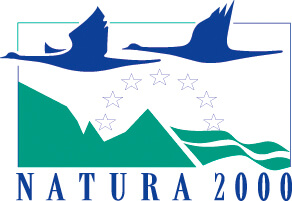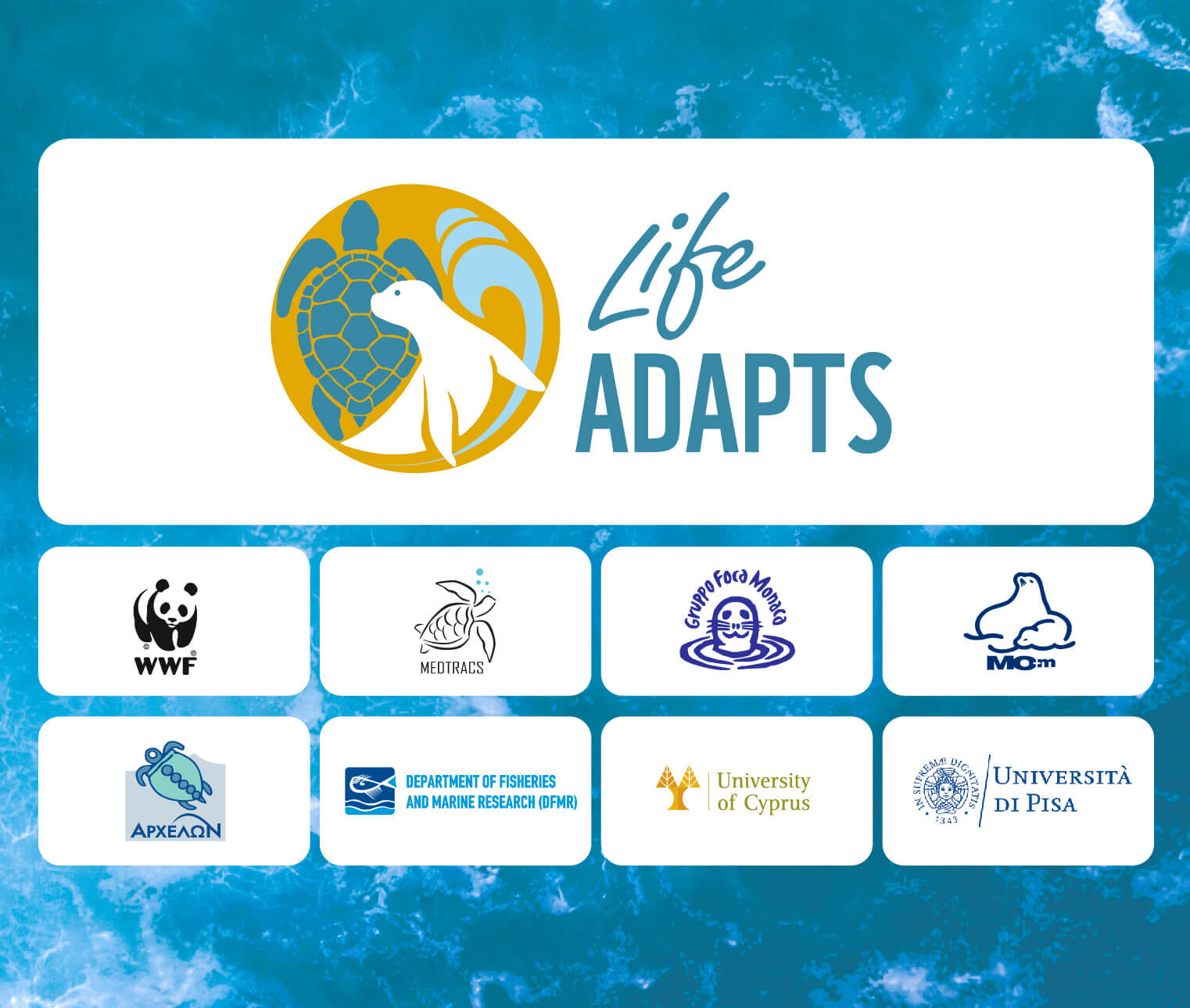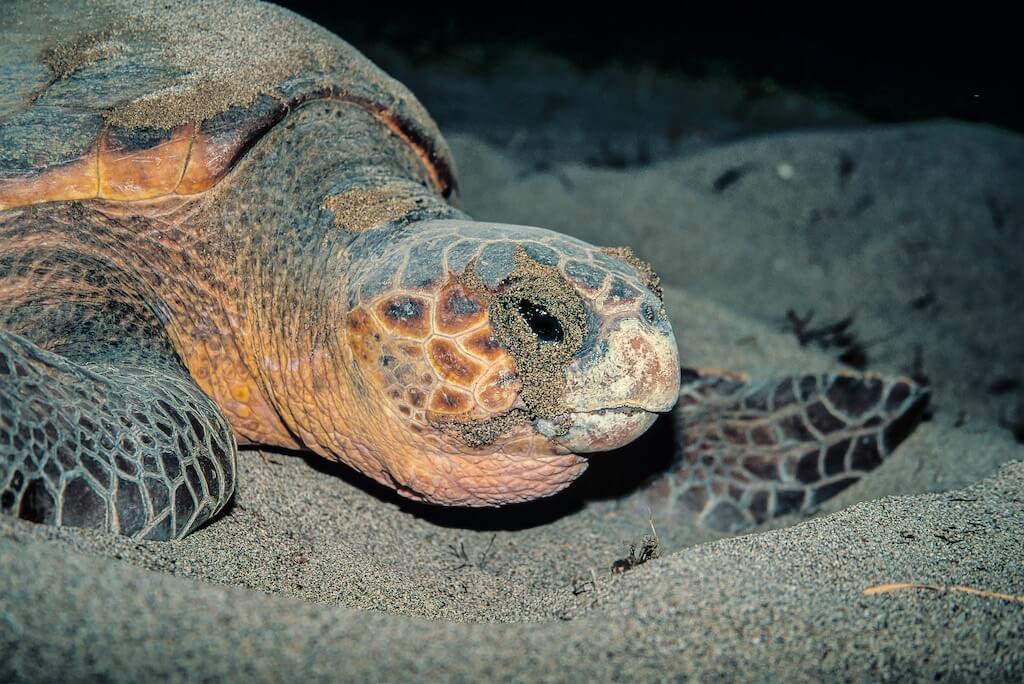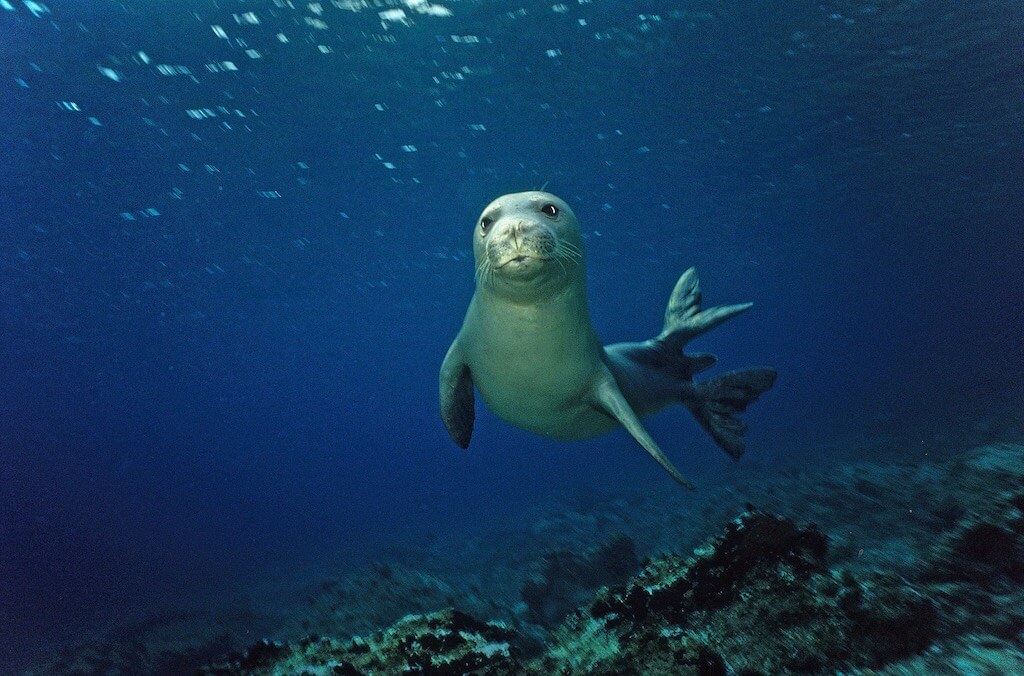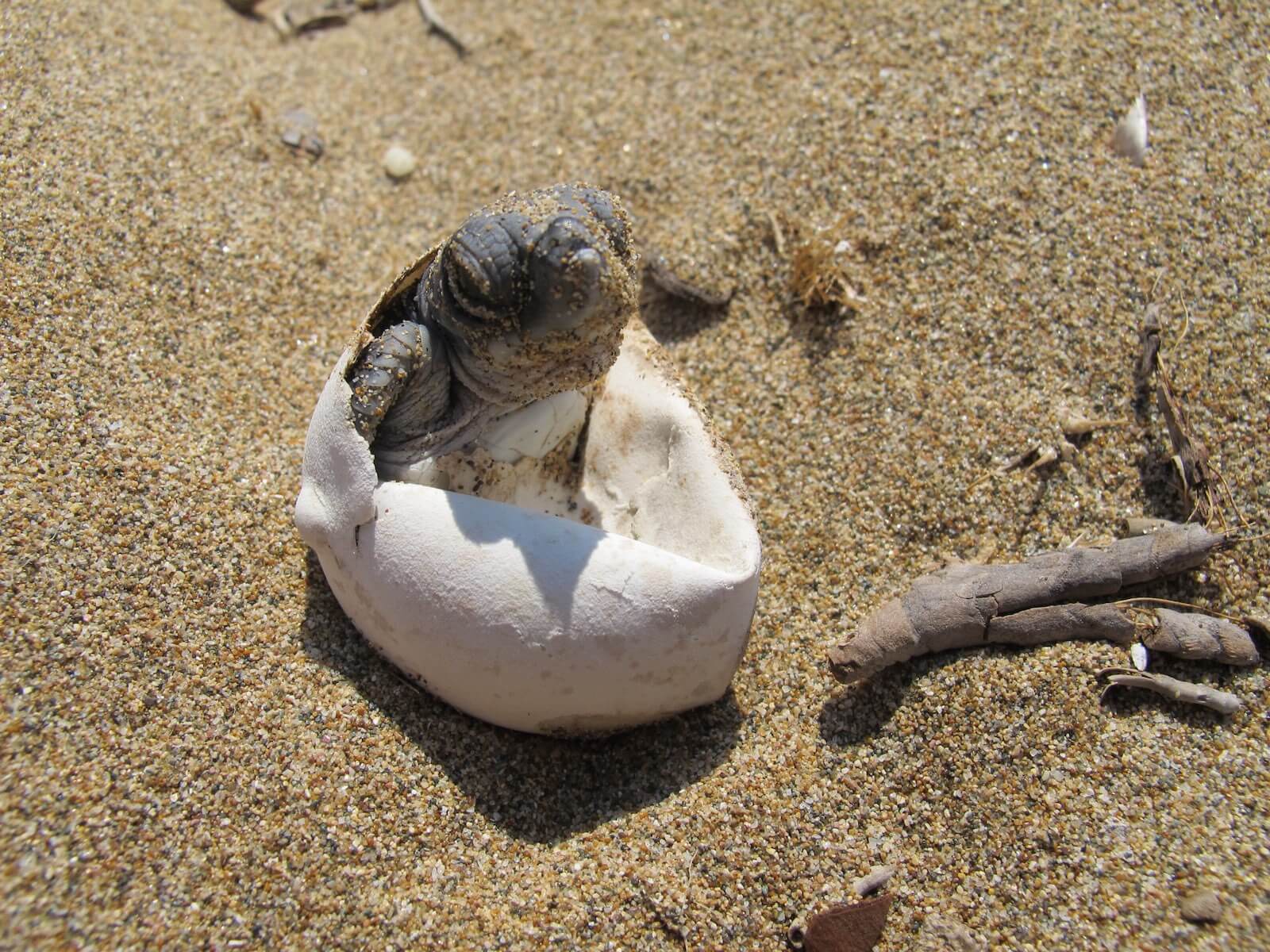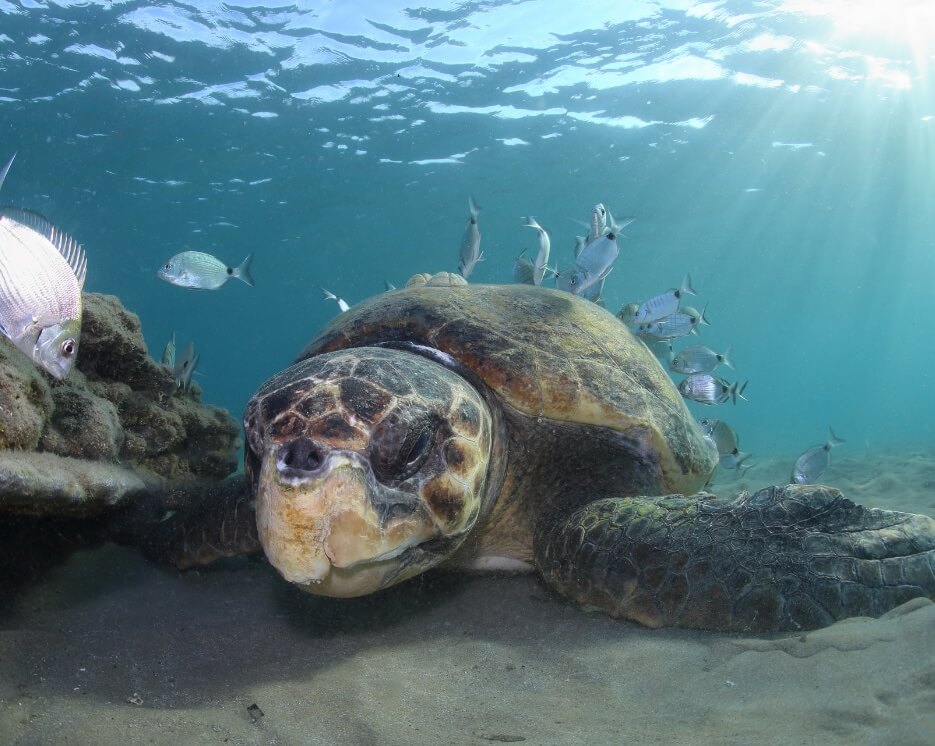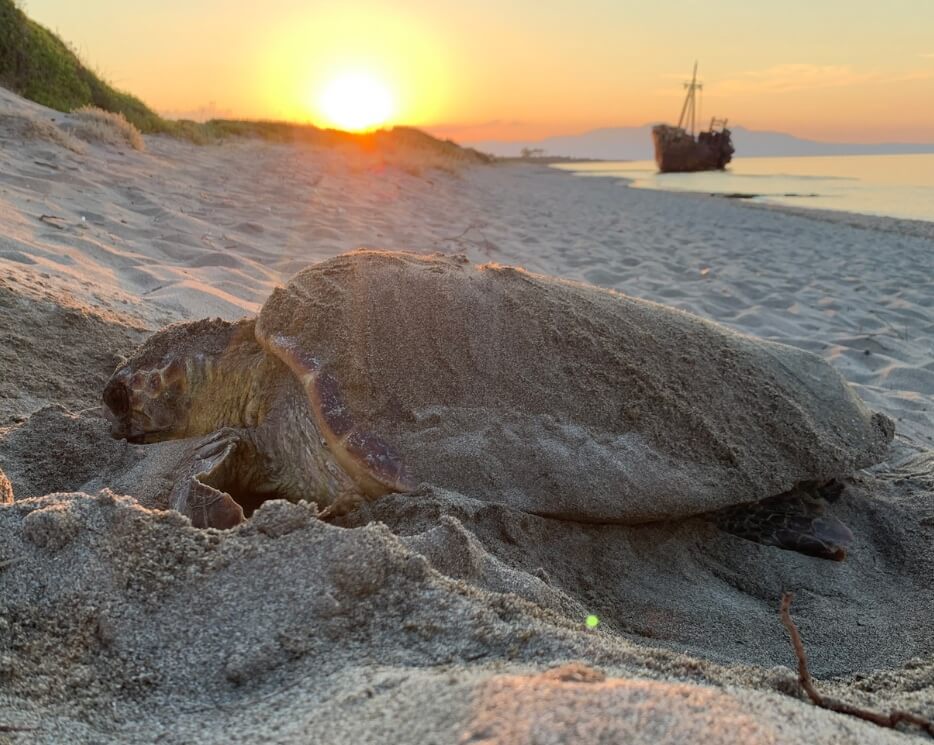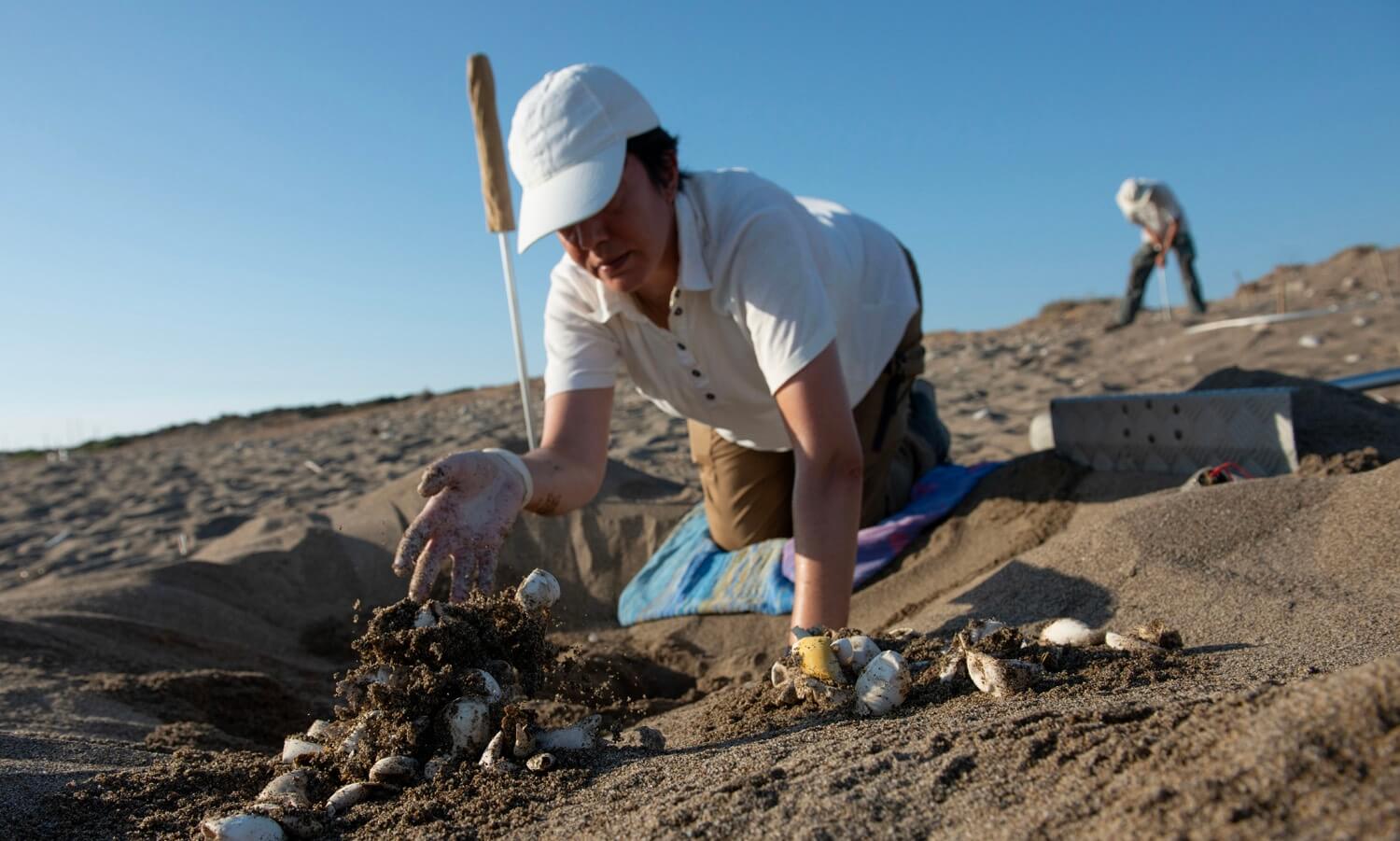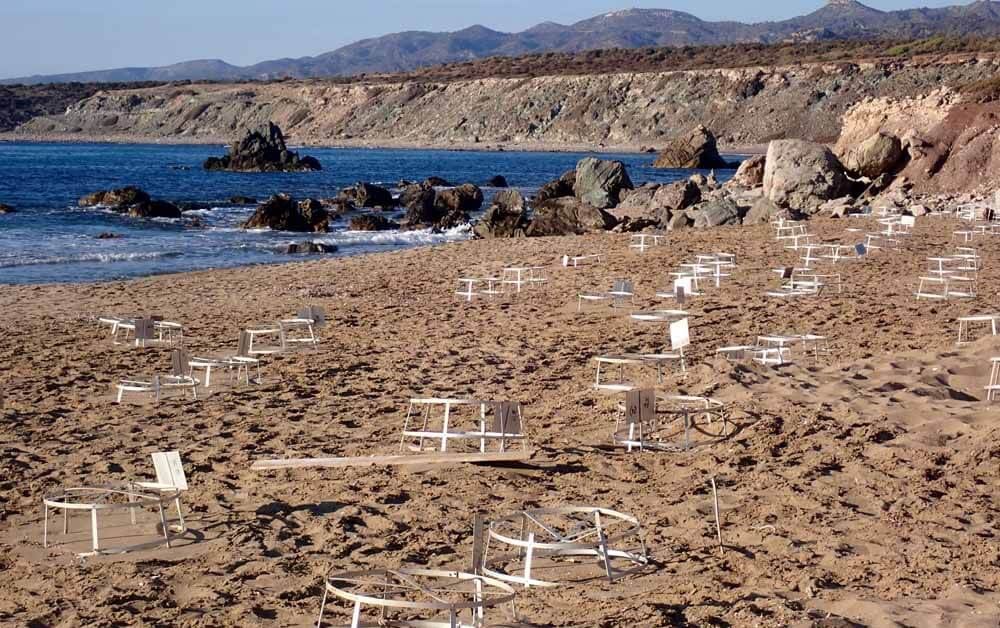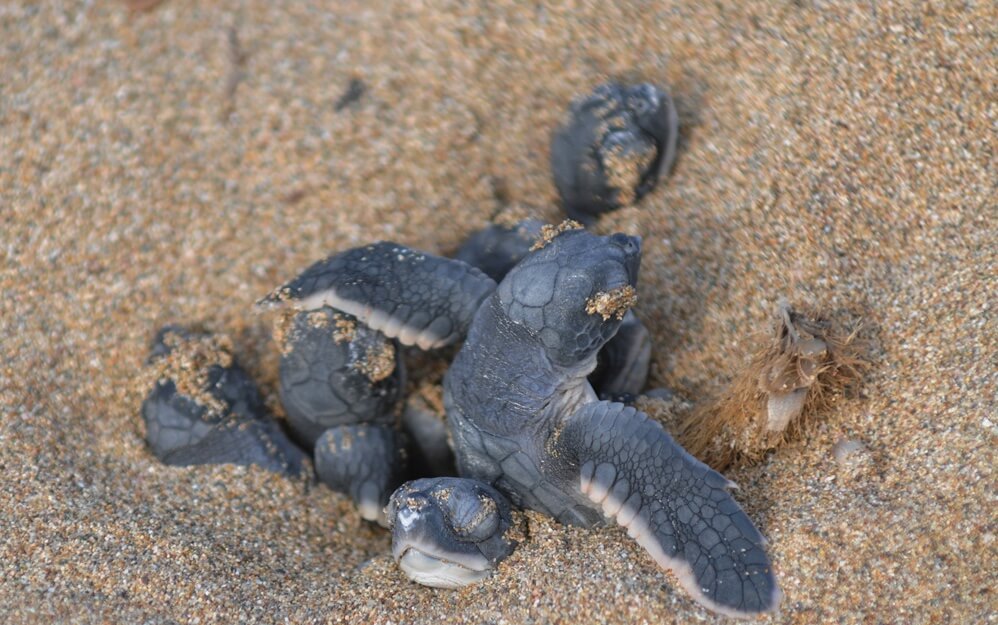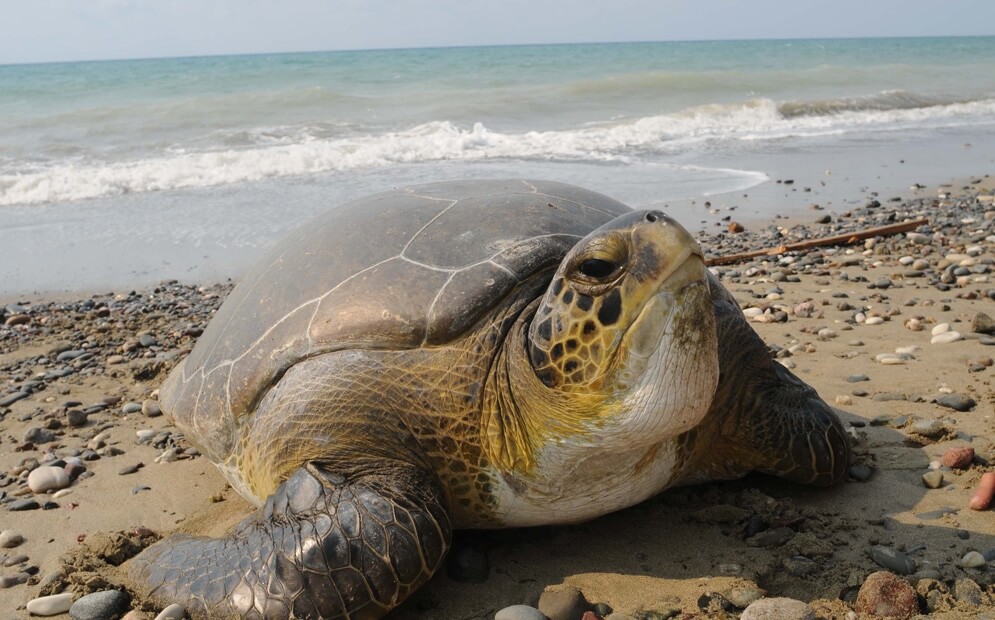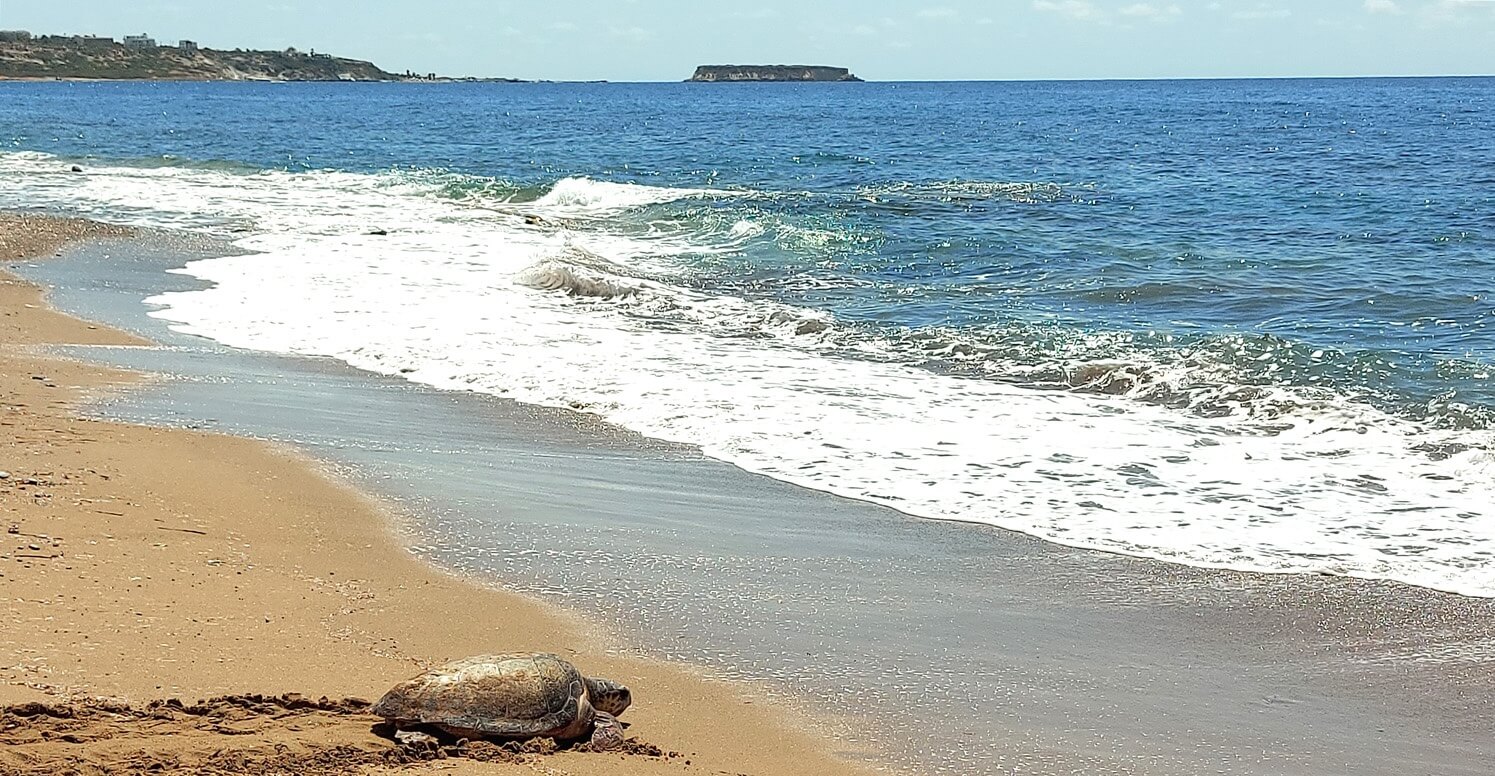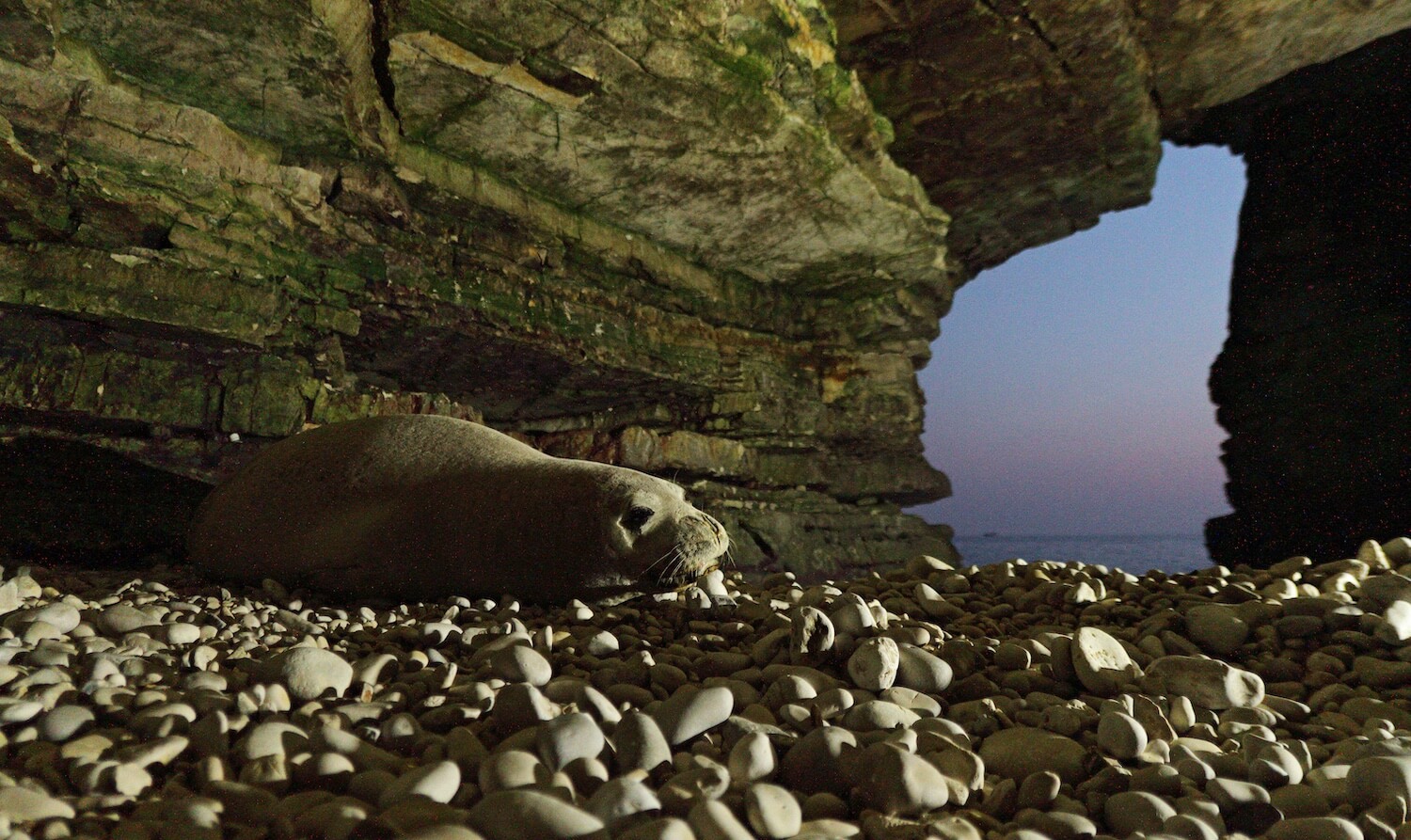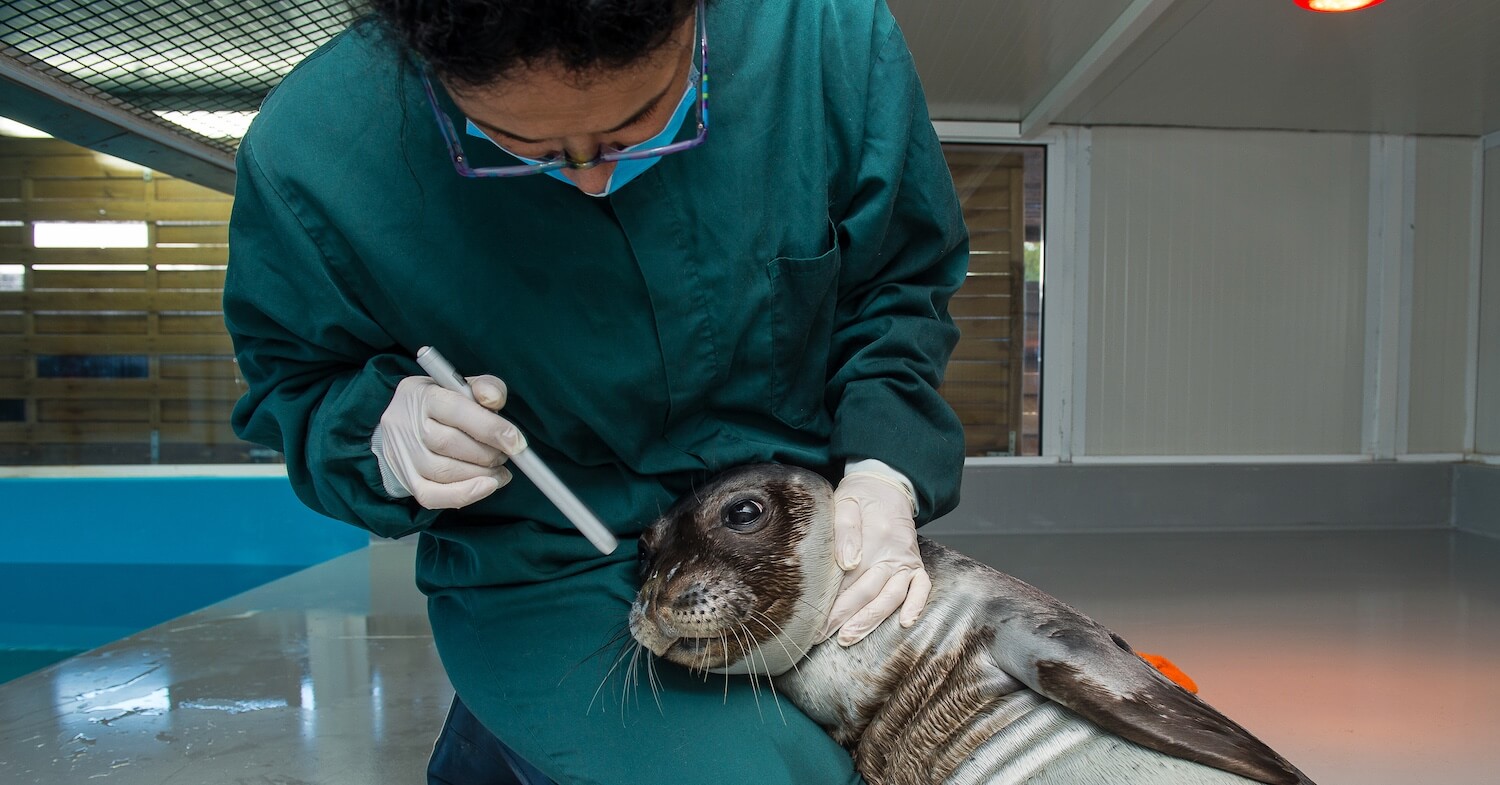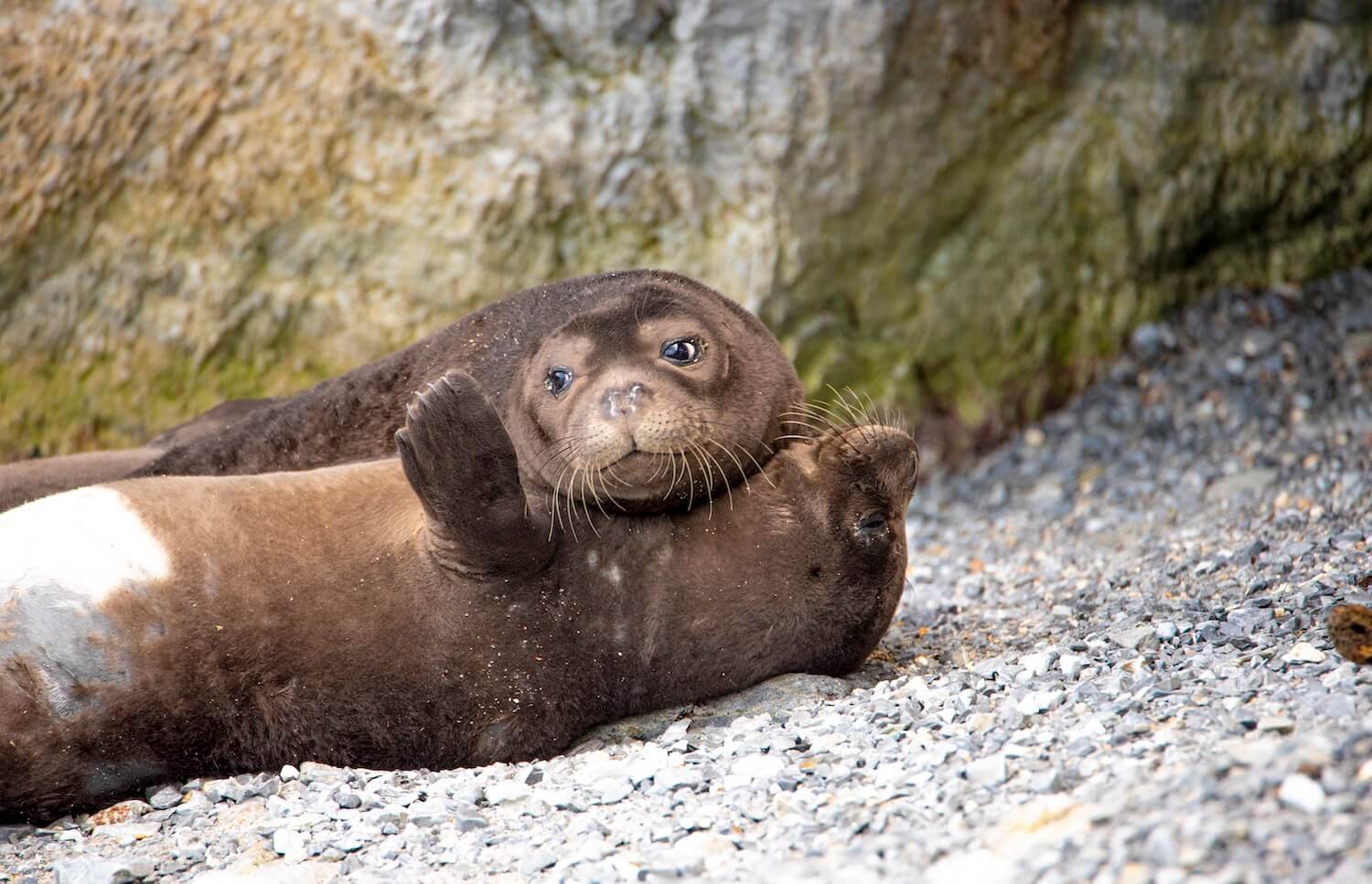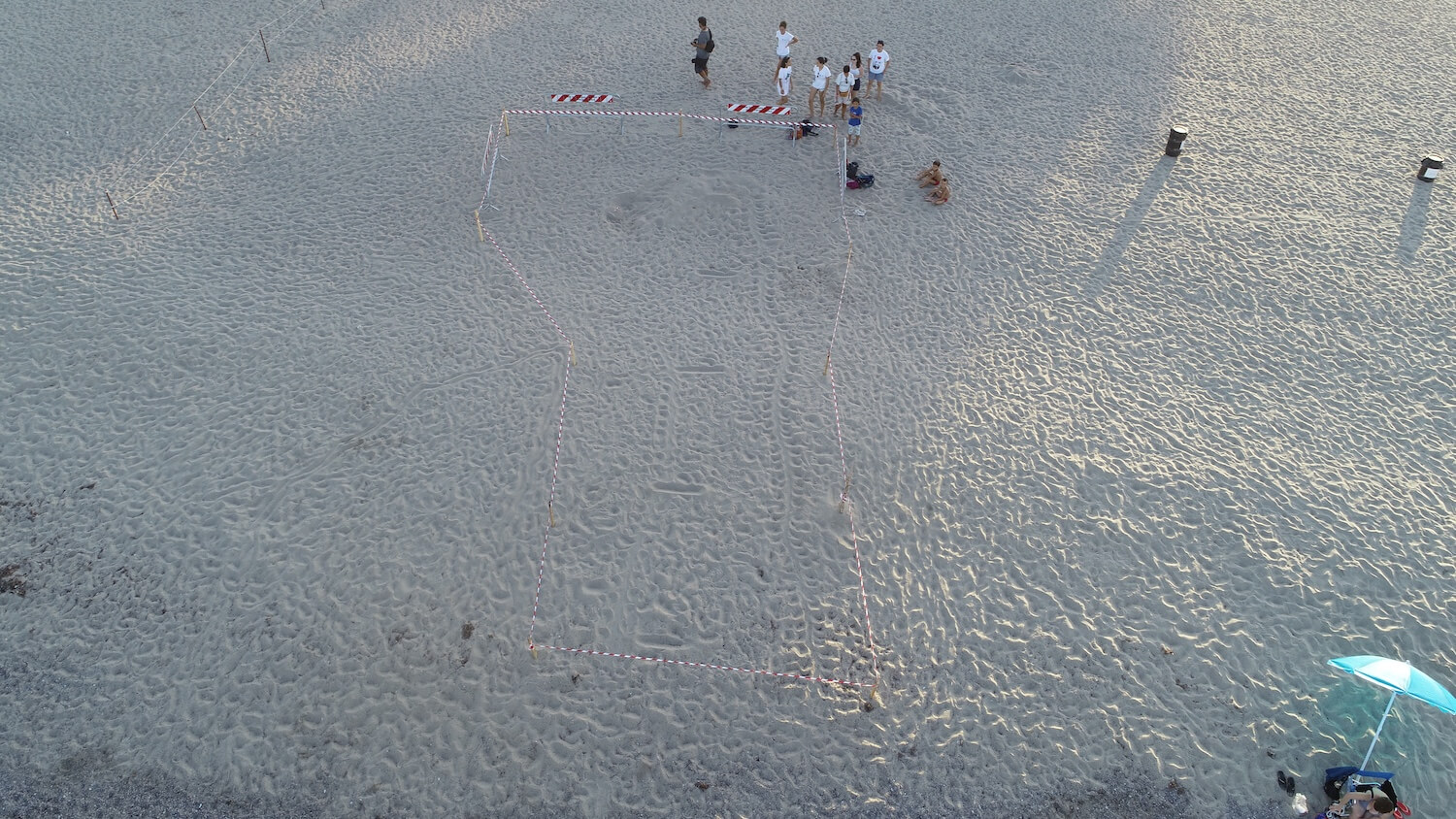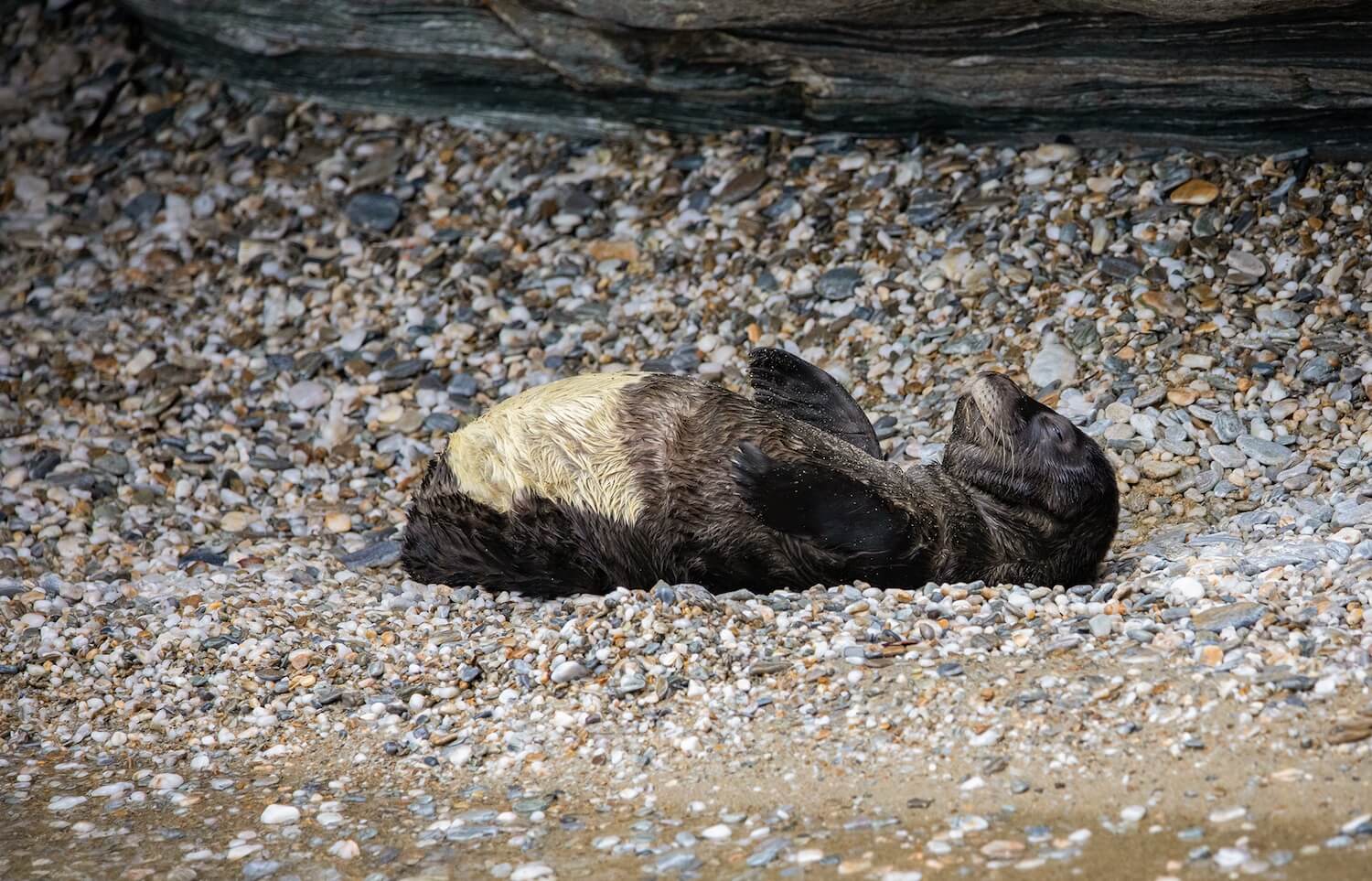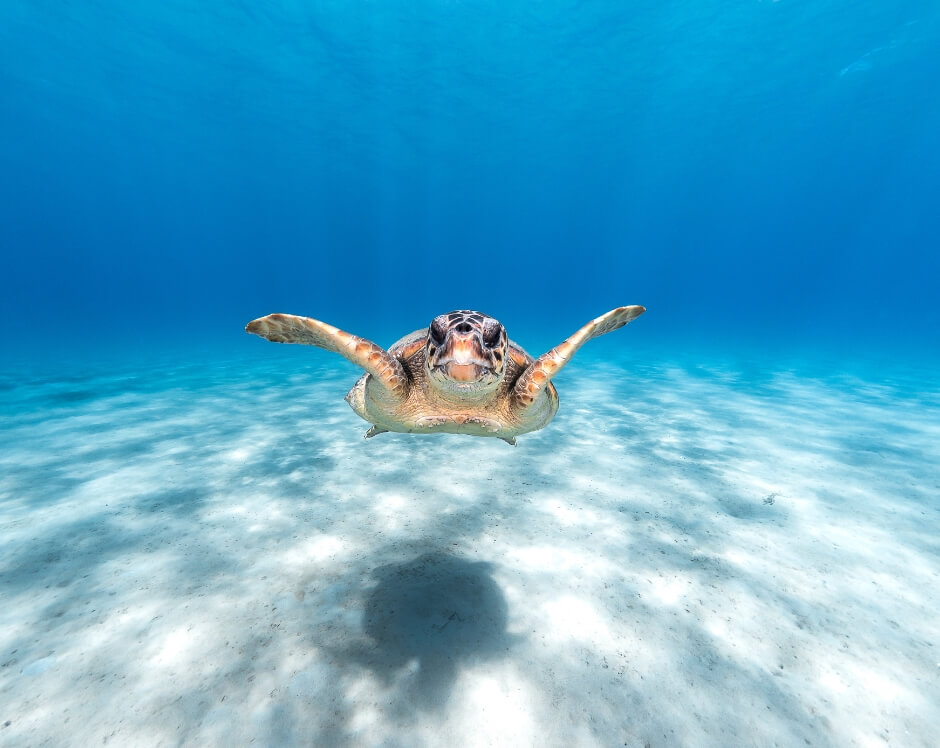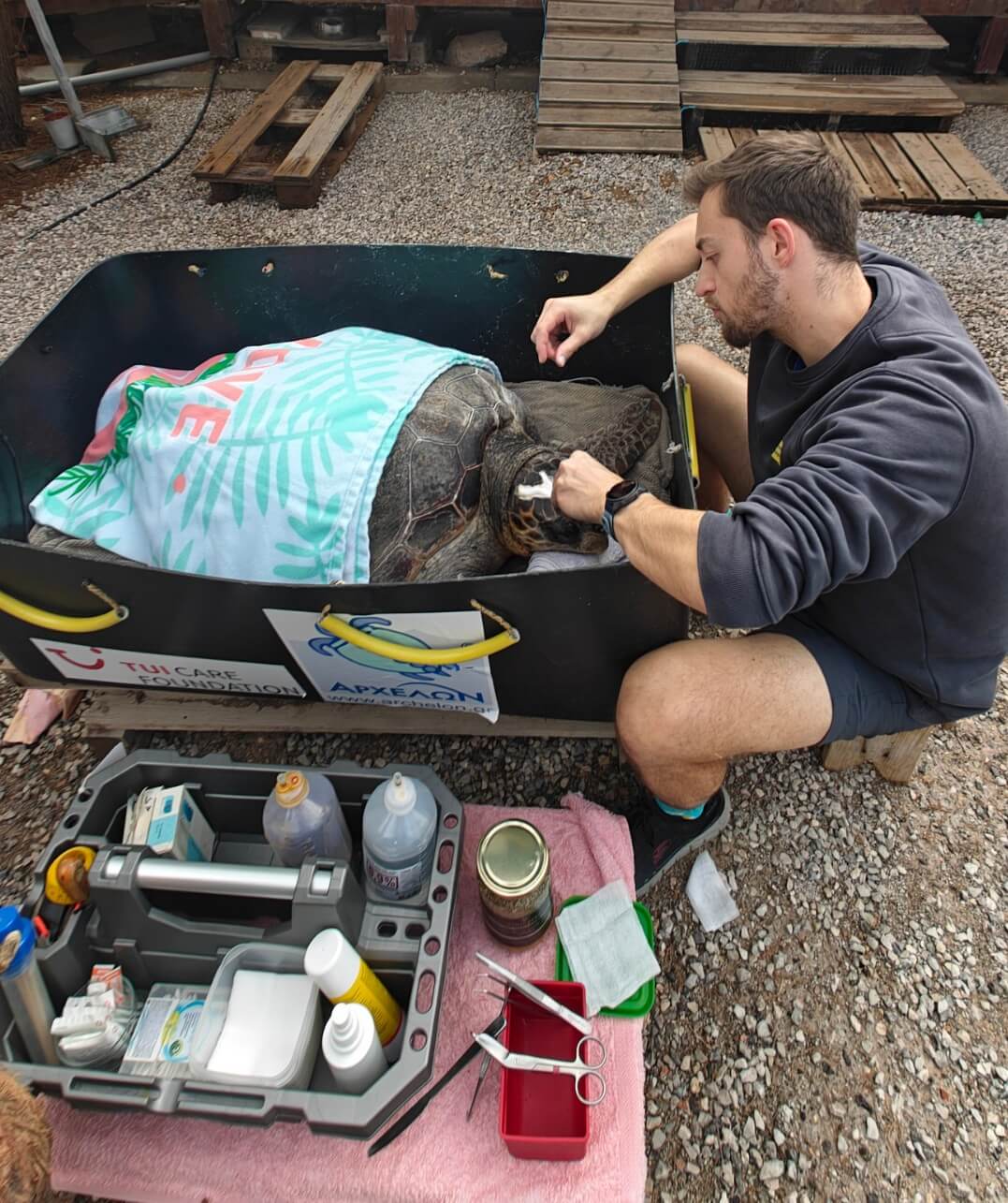A five-year project carried out in Italy, Greece, and Cyprus with the participation of eight partners, aimed at assessing the resilience of three iconic Mediterranean species to the effects of climate change: the loggerhead sea turtle, the green sea turtle, and the Mediterranean monk seal. The main goal is to develop strategies for protecting critical habitats, both at sea and along the coast.
Overview
Rising sea levels and increasing temperatures are profoundly altering the balance of marine and coastal ecosystems, significantly affecting nesting sites, reproductive dynamics, and food availability for sea turtles and Mediterranean monk seals.
Sandy coastlines, chosen by sea turtles for nesting, are at risk of being submerged or eroded due to rising sea levels, reducing the availability of suitable nesting areas. Additionally, higher temperatures affect the sex ratio of sea turtle hatchlings, as sex is determined by incubation temperature: warmer conditions lead to a higher number of females, threatening genetic diversity and the long-term survival of populations.
Coastal caves, essential for the reproduction and resting of Mediterranean monk seals, are facing similar impacts: coastal erosion and sea level rise may make them inaccessible or unsafe for raising pups, exposing the species to further risk of decline.
At the same time, food availability at sea is undergoing major changes due to climate change. Shifts in ocean temperatures and currents affect the distribution of plankton and fish species, potentially forcing sea turtles and Mediterranean monk seals to travel increasingly long distances to find suitable food sources. This added energy expenditure can lower their reproductive success and hinder the growth of younger generations.
Already threatened by human activity, monk seals and sea turtles now face a dual challenge: on one hand, the loss of resting and breeding habitats, worsened by tourism pressure and increasing coastal urbanization; on the other, rising interactions with fisheries, which can lead to competition for fish stocks and a greater risk of accidental bycatch.
The combination of these factors makes it urgent to adopt concrete measures for species conservation and the protection of critical habitats, through climate change adaptation strategies rooted in science and the active engagement of local communities.
Objectives
LIFE ADAPTS aims to proactively identify ongoing climate change impacts and implement adaptation measures to ensure the conservation of the species involved. Planned actions combine scientific research, conservation efforts, and community engagement to develop long-term strategies for the protection of marine ecosystems.
- Advanced environmental monitoring: The project will employ cutting-edge techniques such as environmental DNA (eDNA) analysis, drones, camera traps, underwater surveys, and direct field observations. These methods will allow precise tracking of the presence and distribution of target species, as well as early detection of changes in their habitats and behaviors caused by the climate crisis. This data will be essential for developing effective conservation actions based on the actual distribution of the target species in the study areas.
- Mapping and risk assessment of breeding sites: The project will conduct an in-depth analysis of key nesting beaches and breeding caves to evaluate their resilience to climate change. Reproductive sites will be classified according to their vulnerability, considering factors such as sea level rise, increasing temperatures, and human disturbance. This process will help identify the most critical areas in need of urgent conservation measures to ensure the long-term survival of the species.
- Design and implementation of climate-resilient conservation strategies, . Nesting sites and monk seal pupping/resting areas will be classified based on standardized risk levels (e.g. sea level rise, temperature-driven feminization), and key marine areas resistant to climate change will be prioritized for long-term protection.
- Implementation of conservation strategies: Concrete protection measures will be put in place to safeguard the most threatened habitats. For sea turtle nesting beaches, efforts will focus on reducing human impact by protecting nests, limiting tourist access, establishing protected zones, and using natural barriers to mitigate coastal erosion. Similarly, for Mediterranean monk seals, key breeding caves will be monitored and, where necessary, access restrictions will be introduced to prevent disturbance. Rescue centers for the species will be created or upgraded in Greece and Cyprus.
- Community engagement and awareness: The success of conservation efforts largely depends on the involvement of local communities. LIFE ADAPTS will promote citizen science initiatives, volunteer programs, and awareness campaigns to encourage conservation-minded behavior toward monk seals and sea turtles among key stakeholders, including fishers, tourism operators, and coastal residents. These initiatives will actively engage local communities in monitoring activities, encourage reporting of endangered species sightings, and promote sustainable practices that support marine conservation.
- Development of replicable conservation protocols: To broaden the impact of conservation efforts, the project will create standardized protocols and best-practice guidelines that can be applied beyond the initial intervention areas. These protocols will be designed for use in both EU and non-EU countries, ensuring that the methodologies developed through LIFE ADAPTS can be effectively implemented in other regions critical to marine biodiversity. The aim is to establish a scalable model of climate adaptation strategies that can be adopted by conservation organizations and governmental institutions worldwide.
By combining innovative research, proactive conservation measures, and strong community involvement, LIFE ADAPTS represents a comprehensive approach to tackling the challenges of climate change and ensuring the long-term survival of key marine species in the Mediterranean.
Project Documents
Project Reports
- May 9, 2025 – LIFE ADAPTS Summary (soon available)
PROJECT PARTNERS
The project is coordinated by the Department of Biology at the University of Pisa. The other participating partners are:
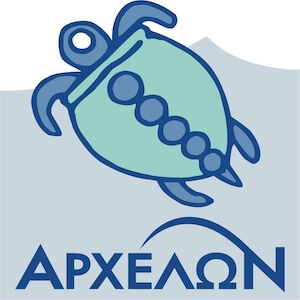 | ARCHELON – Τhe Sea Turtle Protection Society of Greece Website |
 | Department of Fisheries and Marine Research of Cyprus of the Ministry of Agriculture of the Republic of Cyprus Website |
 | MOm – The Hellenic Society for the Study and Protection of the Monk seal Website |
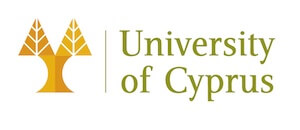 | Oceanography Center of the University of Cyprus (OC-UCY) Website |
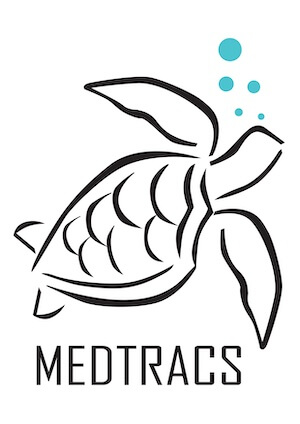 | MEDTRACS – Mediterranean Turtle Research And Conservation Society |
 | Gruppo Foca Monaca APS Website |
 | WWF Italia ETS |

